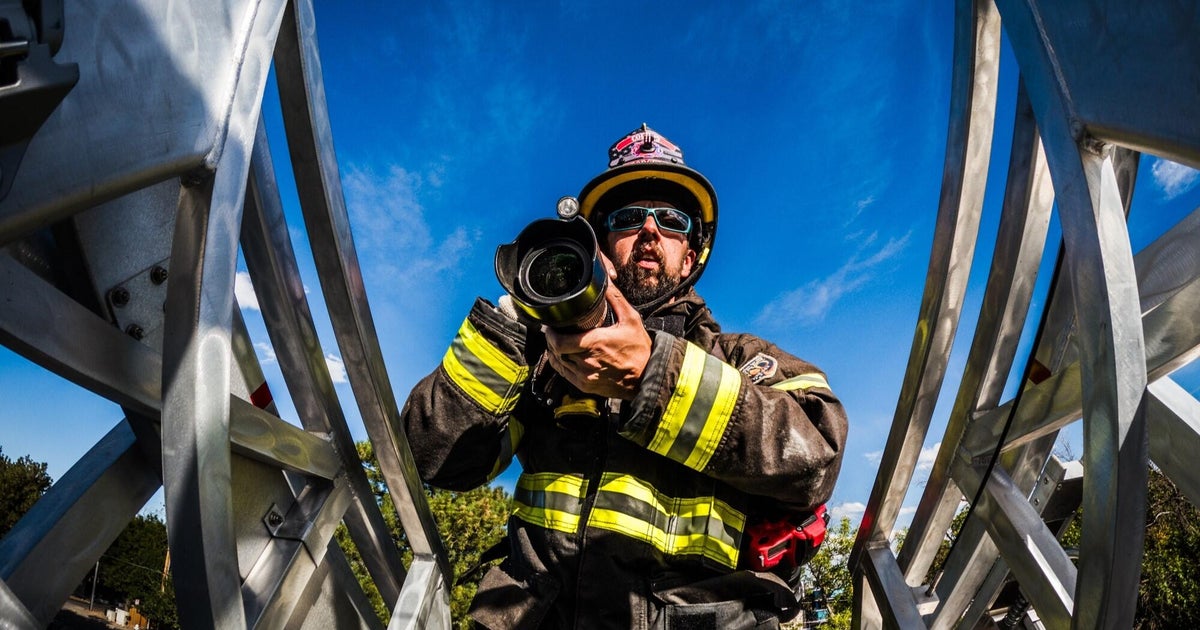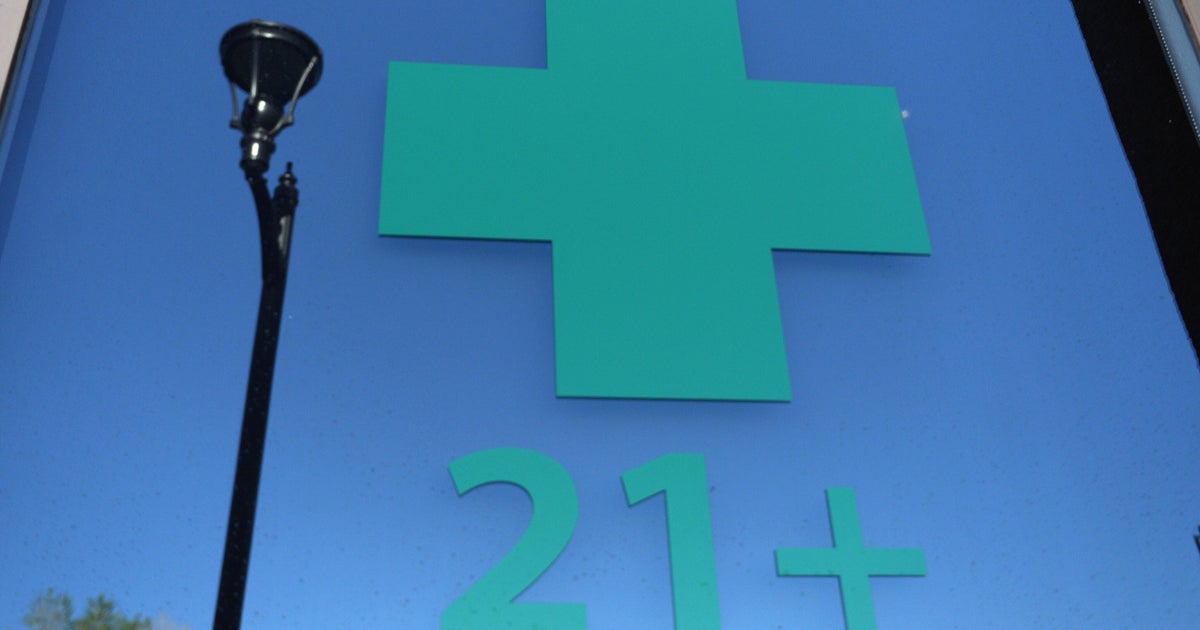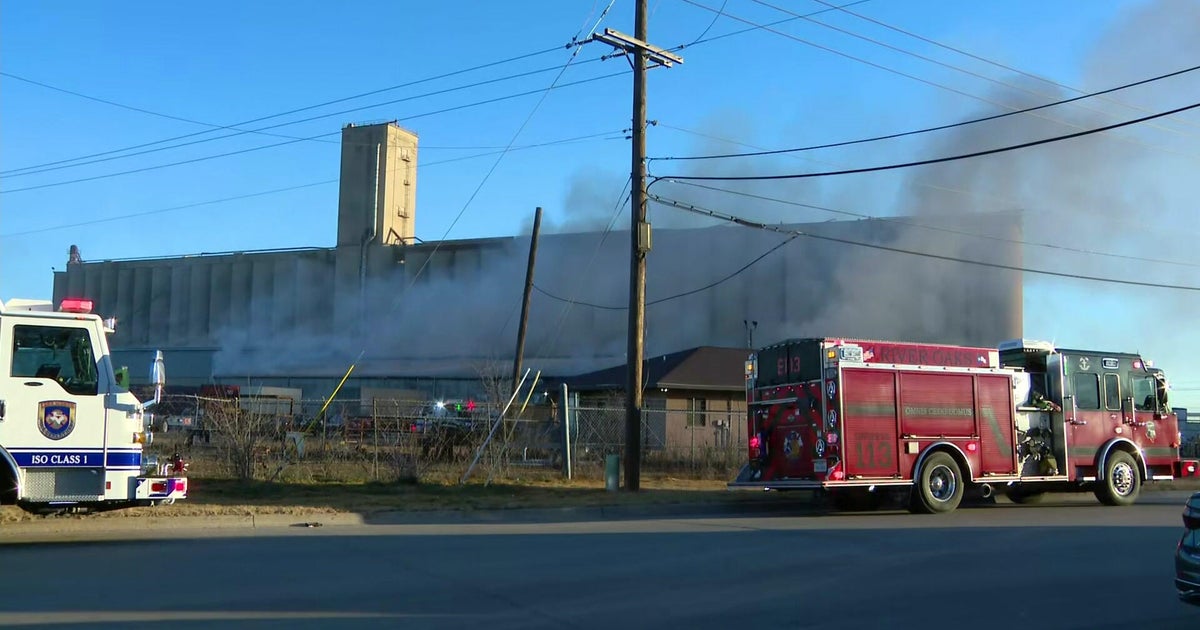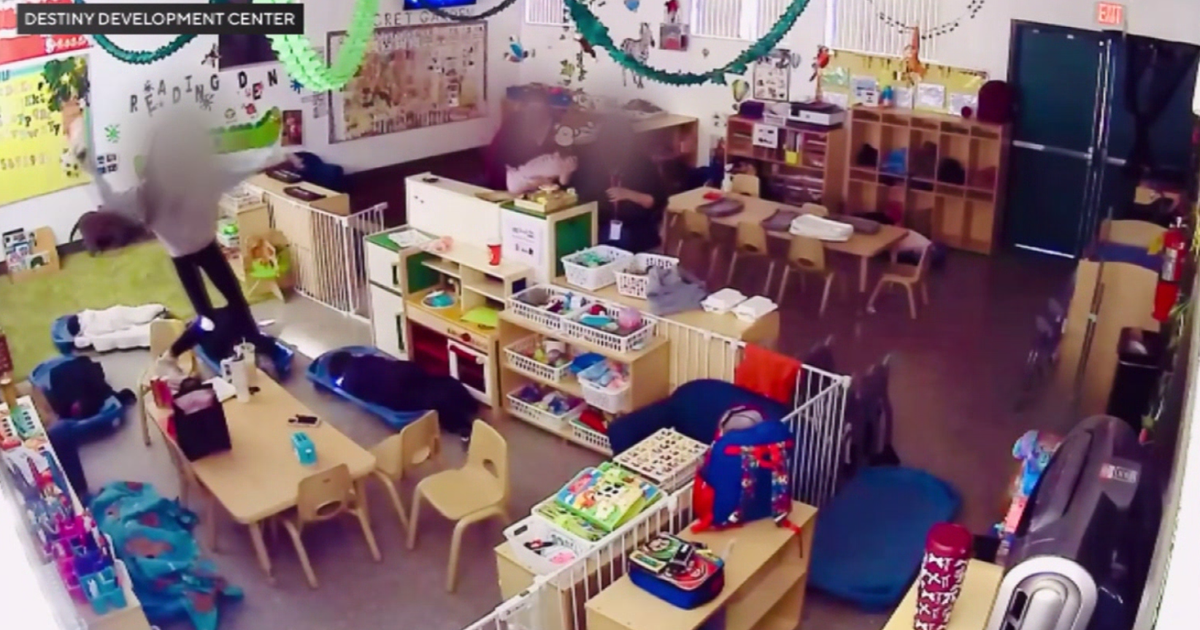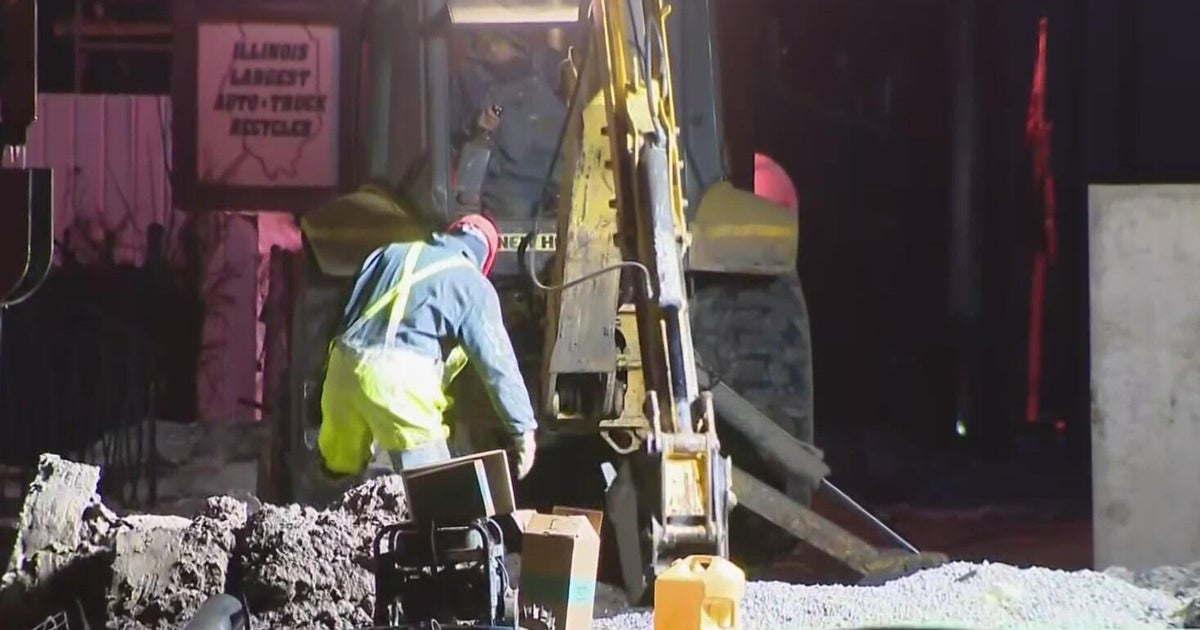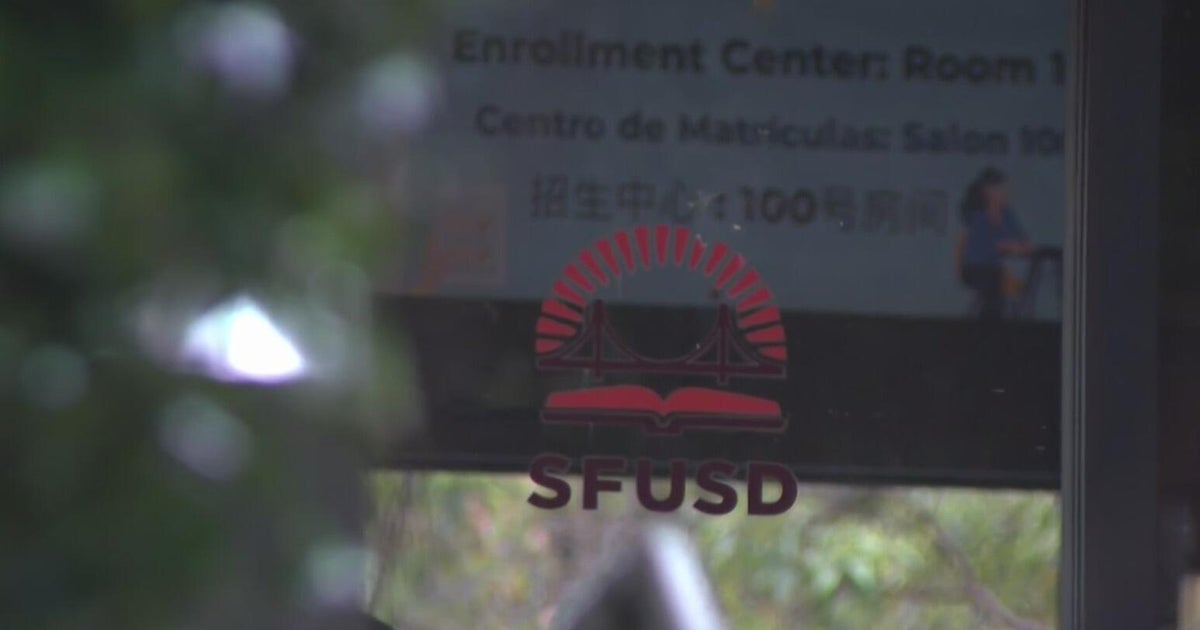CU-Boulder Prep Program Recruiting More Males
BOULDER, Colo. (AP) - As the first in his family to pursue a higher education, Sergio Castillo didn't have an already mapped-out path to college.
In fact, the University of Colorado senior -- who is now prepping for law school -- said he likely would have gone to a community college, if he pursued any college at all, had it not been for CU's college prep program.
A teacher at his Fort Lupton middle school recognized his strengths in English and art and recruited him to participate in CU's pre-collegiate program, which prepares motivated students to be the first in their families to set off to college.
Once students complete CU's Pre-Collegiate Development Program, it's almost a guarantee they continue to college. Ninety-six percent of the pre-collegiate graduates go on to pursue a college degree and about half of them enroll at CU-Boulder.
But CU's pre-collegiate program -- much like similar prep programs across the country -- faces a long-standing challenge: Females enroll at much higher rates than males. For example, 40 percent of middle-school students and 34 percent of high-schoolers in CU's pre-collegiate program are males.
In its performance contract with the state, CU has outlined its goal to increase funding for pre-collegiate programs, as well as upping the number of male participants. CU-Boulder last school year invested $952,000 in its pre-collegiate programs, and the previous year funding just topped $1 million.
Higher education officials say employment expectations have traditionally curtailed boys and young men from enrolling in the pre-collegiate program and becoming first-generation college students.
"Males are expected to work, and contribute to family income, more so than females," in families of first-generation students, said Chris Pacheco, who directs CU's Pre-College Outreach Services.
They are oftentimes expected to enter the work force upon graduation, or work on the weekends and in the summer, which prevents them from attending pre-collegiate workshops and camps. Sports schedules also sometimes conflict with the programs, Pacheco said.
Castillo, who is Mexican, said his parents were enthusiastic about him going to college, though he recognizes that's not always the case in his culture or a small town. For years, his family attended Saturday workshops on the Boulder campus that provided information on topics such as financial aid, admissions applications, scholarship searches, as well as inviting guest speakers to address students and parents.
In the summer before they are high school seniors, students in the pre-collegiate program attend a five-week academic camp on the Boulder campus where they live and eat in the dorms and take a lineup of intensive courses, ultimately giving them an authentic preview of college.
Pre-collegiate scholars are eligible to earn college credits for writing and journalism courses, and students also take calculus, trigonometry, pre-calculus, business and other classes that reinforce their high school work.
"They become a part of a cadre of ambitious students who support each other and want to go on to college and become professionals," said David Aragon, executive director for student success in CU's Office Diversity, Equity and Community Engagement.
Cecilia Chavez, a pre-journalism major at CU, went through the pre-collegiate program and explored other in-state colleges.
"But I already knew people on campus and had a support system," she said.
The pre-collegiate program targets 23 middle schools and 16 high schools in the Denver-metro area, many of which enroll large shares of minority students. Counselors at those schools are in charge of recruiting potential first-generation students for the program, and the qualified students then interview with CU.
It costs CU about $1,500 to $2,000 for each pre-collegiate student involved in the summer camp, according to Theresa Manchego, director of the program. And while CU may invest in the students since they're middle-schoolers, officials said, it's certainly OK if they pursue colleges other than CU.
Staff members will even write letters of recommendation for the students to attend other colleges, Manchego said. A recent pre-collegiate scholar is now on a full-ride scholarship at Stanford University, she said.
But oftentimes students who have gone through the program choose to enroll at CU because the campus has a familiar feel to it -- whether they've attended the annual "egg drop" at the engineering school or taken classes from CU professors during the summer. Pre-collegiate graduates say they feel like they've already formed a sense of community on the campus.
That was the case for state Rep. Dan Pabon, D-Denver, who earned his engineering and law degrees from CU-Boulder.
The large Boulder campus -- which enrolls about 30,000 students -- seemed daunting, Pabon recalls thinking when he was high-schooler. He enrolled in CU's pre-collegiate program because he wanted to "get an insider's view of the college experience."
Pabon said programs like CU's help increase the pipeline of college-qualified students in Colorado.
CU's pre-collegiate program works with 979 students and 1,814 parent participants.
Its funding comes from a mix of sources, according to Steve McNally, associate vice president for budget and finance at CU. About $400,000 comes from grants and $50,000 from donations. Roughly $372,000 is funded from CU's general fund and $130,000 comes from CU's president's office.
The pre-collegiate program became CU-funded in 1983.
Over the past decade, it's expanded by partnering with rural schools in the Roaring Forks and Summit County school districts.
- By Brittany Anas, The Daily Camera
(Copyright 2011 by The Associated Press. All Rights Reserved.)
